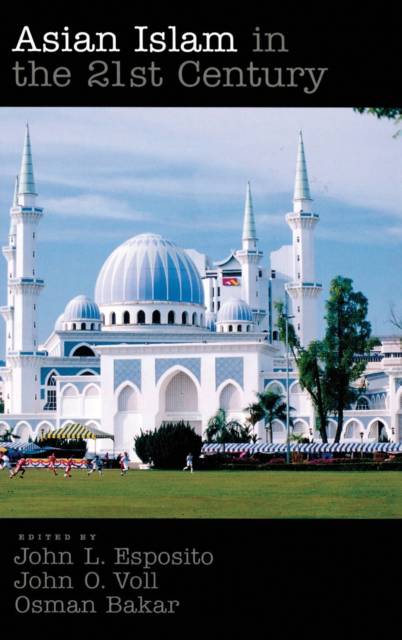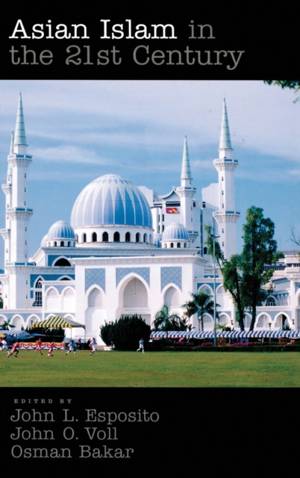
- Retrait gratuit dans votre magasin Club
- 7.000.000 titres dans notre catalogue
- Payer en toute sécurité
- Toujours un magasin près de chez vous
- Retrait gratuit dans votre magasin Club
- 7.000.0000 titres dans notre catalogue
- Payer en toute sécurité
- Toujours un magasin près de chez vous
Description
Although more than half of the world's Muslims live in Asia, most books on contemporary Islam focus on the Middle East, giving short shift to the dynamic and diverse presence of Asian Islam in regional and global politics. The Muslims of Asia constitute the largest Muslim communities in the world - Indonesia, Pakistan, Bangladesh, India and Central Asia. In recent years, terrorist bombings in Bali, separatist conflicts in Thailand and the Philippines, and opposition politics in Central Asia, all point to the strategic importance of Asian Islam. In Asian Islam in the 21st Century, terrorism and its effects are placed within the broader context of Muslim politics and how Islamic ideals and movements, mainstream and extremist, have shaped Asian Muslim societies. Democratization experiments -- successful and unsuccessful -- are examined. The rise of radical militant movements is analyzed and placed in historical perspective. The result is an insightful portrait of the rich diversity of Muslim politics and discourse that continue to affect Asian Muslim majority and minority countries. Specialists and students of Islamic studies, religion and international affairs, and comparative politics as well as general readers will benefit from this sorely needed comprehensive analysis of a part of the world that has become increasingly important in the 21st century.
Les avis
Nous publions uniquement les avis qui respectent les conditions requises. Consultez nos conditions pour les avis.







